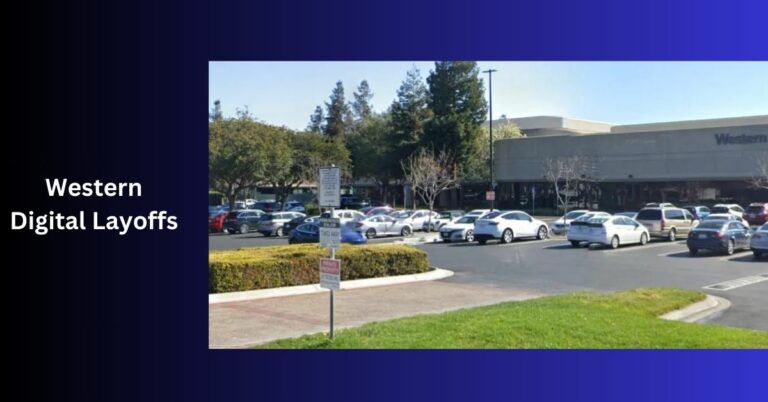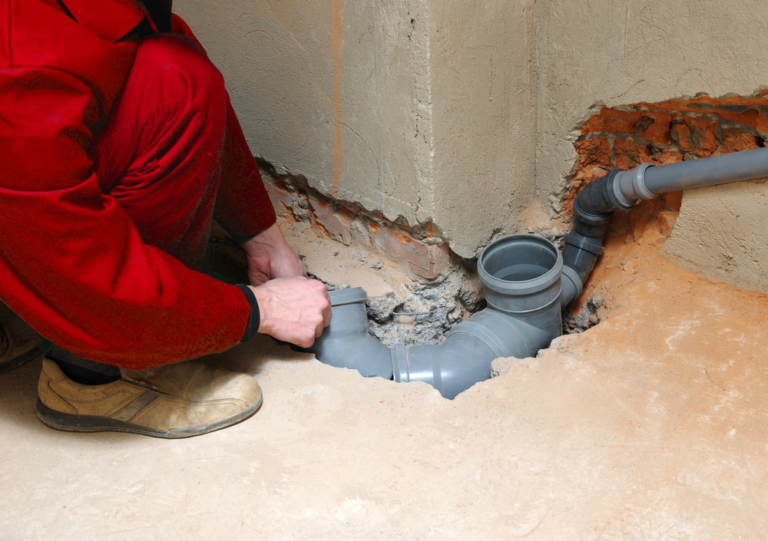The Impact of Remote Work on Real Estate: Changing Housing Trends
The surge in remote work has brought about a paradigm shift in the real estate landscape. As more individuals embrace the flexibility of working from home, the demand for residential properties is undergoing significant changes.
This article explores the impact of remote work on real estate, delving into the evolving housing trends and the transformative effects on property markets.
Remote Work and the Rise of Home as an Office
- The Shift in Homebuyer Priorities
Remote work has led to a reevaluation of what individuals prioritize in their living spaces. Homebuyers are placing increased emphasis on features that accommodate remote work, such as dedicated home offices, high-speed internet access, and comfortable workspaces. - Suburban and Rural Resurgence
The traditional appeal of urban living is waning as remote work allows individuals to choose locations based on lifestyle preferences rather than proximity to the office. Suburban and rural areas are experiencing a resurgence in demand, offering a quieter and more spacious alternative to city living.
Changing Housing Trends
- Rise of Home Offices and Flex Spaces
The demand for homes with dedicated office spaces or flexible areas that can serve as workspaces is on the rise. Buyers are seeking properties that seamlessly blend functionality and comfort, catering to the new reality of remote work. - Outdoor Amenities and Green Spaces
Outdoor amenities and green spaces have gained prominence as well. Properties with gardens, balconies, or proximity to parks are increasingly attractive to individuals who value the ability to step outside for a breath of fresh air during work breaks. “We buy any house.
Impact on Urban Centers
- Urban Exodus and Population Redistribution
The ability to work remotely has prompted an exodus from densely populated urban centers. Individuals are seeking locations with lower living costs, better quality of life, and increased space, contributing to population redistribution patterns. - Commercial Real Estate Repurposing
The shift towards remote work has led to a reevaluation of commercial real estate. With companies adopting hybrid work models, there is a trend of repurposing office spaces for alternative uses, such as residential conversions or mixed-use developments.
Challenges and Opportunities
- Infrastructure and Connectivity
As remote work becomes more prevalent, the demand for robust digital infrastructure and reliable internet connectivity in suburban and rural areas becomes imperative. Investments in these areas present opportunities for growth and development. - Affordability Concerns
- While suburban and rural areas gain popularity, affordability remains a concern. Increased demand in these areas can drive up property prices, potentially creating challenges for those seeking affordable housing options. “Property buying company.”
Future Outlook
- Hybrid Work Models
The future of remote work is likely to be characterized by hybrid models, with individuals splitting their time between home and the office. This trend may influence housing preferences, with a continued demand for homes that offer both comfortable living and effective remote workspaces. - Smart Cities and Technology Integration
The integration of technology, including smart home features and digital infrastructure, will play a pivotal role in shaping the future of real estate. Smart cities that leverage technology to enhance the overall living experience may become more appealing to remote workers.
Conclusion
The impact of remote work on real estate is reshaping housing trends and challenging traditional notions of where and how people choose to live. The demand for homes that cater to remote work needs, coupled with the resurgence of suburban and rural living, reflects a fundamental shift in priorities.
As the real estate market adapts to these changes, there are both challenges and opportunities for investors, developers, and policymakers to create housing solutions that align with the evolving needs of a remote work-driven society. Keeping a pulse on these changing trends will be essential for those navigating the dynamic landscape of the real estate market in the years to come.






